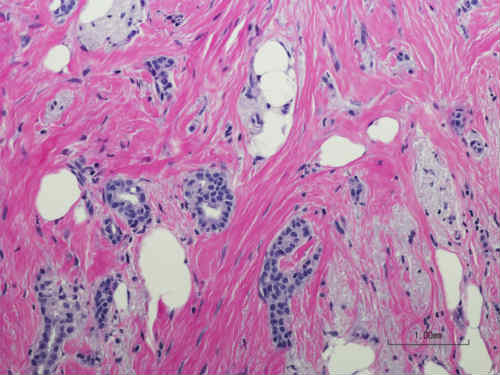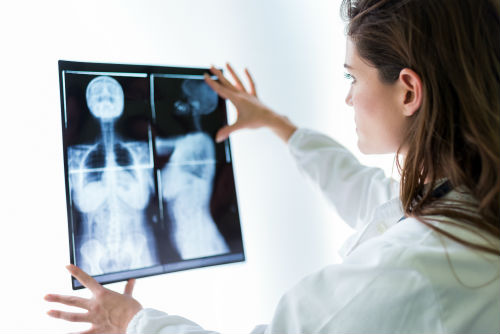San Antonio—Eribulin is currently the only cancer agent shown to extend overall survival in previously treated patients with breast cancer. While a biomarker to target those likely to benefit most has yet to be identified, Spanish researchers have discovered that patients with HER2-enriched and Lumina B breast cancer subtypes have significantly greater response to eribulin than others.
The researchers presented the results of the phase 2, open-label, single-arm SOLTI1007 study at the 2016 San Antonio Breast Cancer Symposium. SOLTI1007 analyzed the association of pre-treatment expression of RNA in stage I-II HER2-negative breast cancer patients with response to neoadjuvant eribulin delivered intravenously on days 1 and 8 of every 21-day cycle for 4 cycles.

The Data
Researchers enrolled 73 triple negative breast cancer patients and 101 hormone responsive patients between September 2012 and October 2015, of whom 85% completed all 4 cycles.
The team compared baseline and post-treatment formalin-fixed, paraffin-embedded tissue samples for gene expression, PAM50 intrinsic subtype and risk of relapse based on subtype and proliferation (ROR-p). Univariate logistic regression models evaluated the association between each PAM50 signature and pathological complete response in the breast (pCRB).
Overall pCRB was 5.4%, with no significant differences between TNBC and HR+ patients.

Result
Distribution of the subtypes was: Luminal A (27.7%), Luminal B (27.1%), basal-like (40.6%) and HER2-enriched (4.5%). Of those, the HER2-enriched patients had the strongest response to eribulin, with 28.6% achieving pCRB. Luminal B patients had the second highest rates of pCRB at 7.1%. Patients with basal-like tumors had 4.8% pCRB and those with Luminal A type had 2.3%. Patients with tumors at high risk of relapse also had an increased likelihood of pCRB, with 17.1% of those with high ROR-P achieving pCRB compared to just 2.7% of ROR-P medium and 2.2% of ROR-P low results.
HER2-enriched and Luminal B patients were also far more likely to experience subtype change between baseline and surgery, at 60% and 44.1%, respectively, compared to 10.3% of Luminal A patients and 5.4% of those with basal-like tumors.
Abbreviated Author Information
The 2016 annual San Antonio Breast Cancer Symposium, Poster P1-09-09.
Efficacy and gene expression results from SOLTI1007 NEOERIBULIN phase II clinical trial in HER2-negative early breast cancer
Authors:
- Prat A, Cortés J Hospital Clinic i Provincial, Barcelona, Spain;
- Ortega V, Translational Genomics Group, Vall d´Hebron Institute of Oncolgy, Barcelona;
- Villagrasa P, Hospital Universitari Vall d' Hebron, Barcelona; SOLTI Breast Cancer Research Group, Barcelona
- et al.
